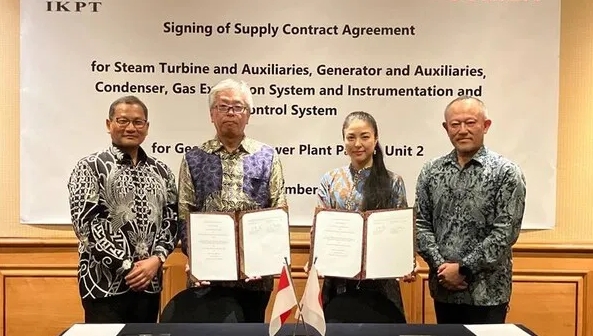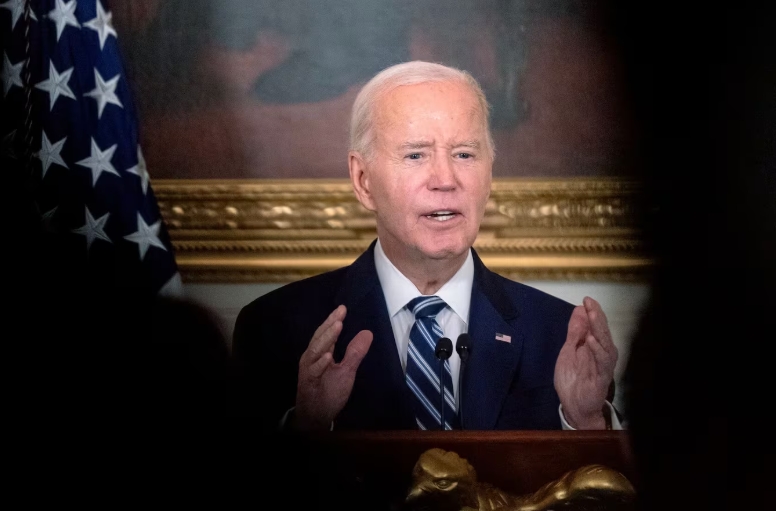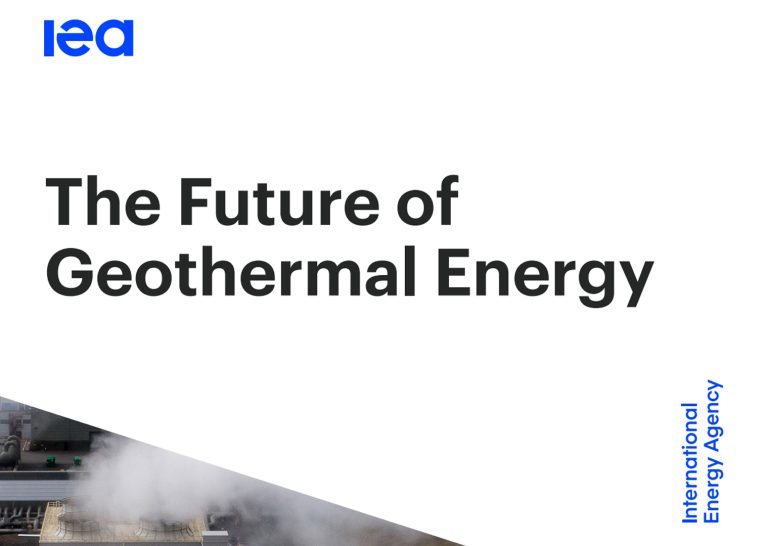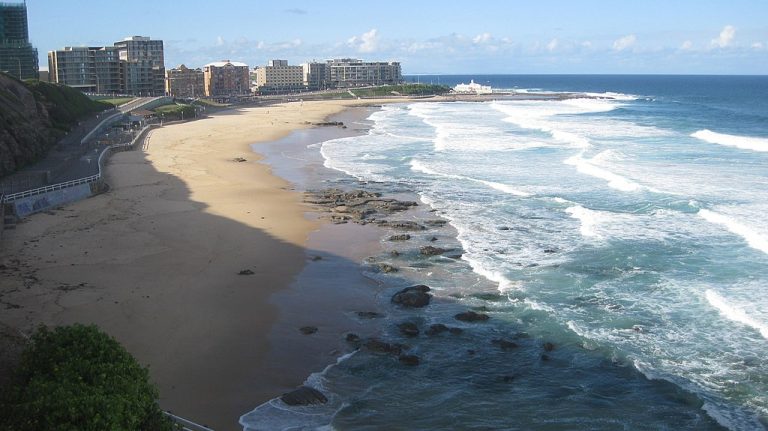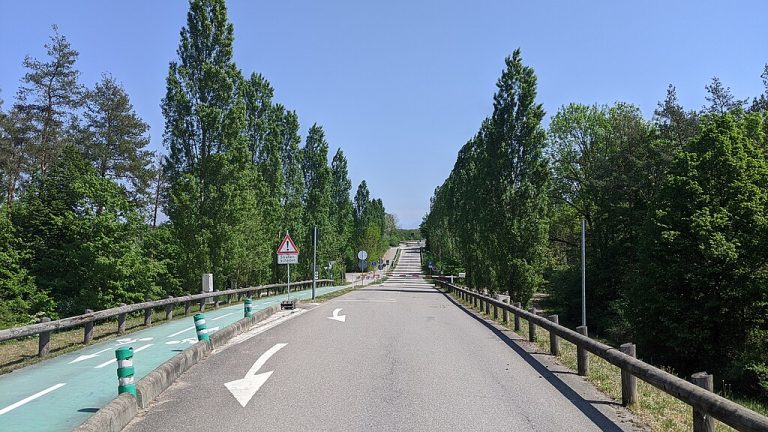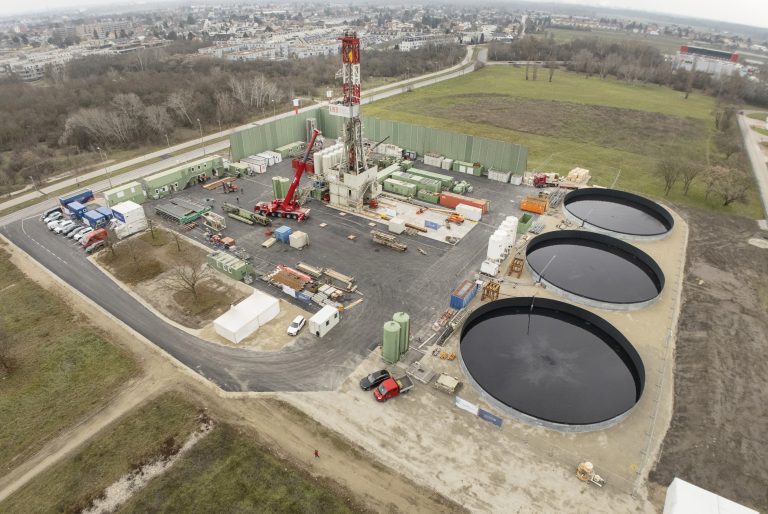One of the highlights of the symposium was the presentation by Ryan Law (Geothermal Energy Ltd, GEL) sharing updates and status of the United Downs project in Cornwall, UK. In his update, he mentioned fluid losses and a short successful injection test as first signs of tentative permeability of the granite fault zone. While planned evaluation and testing still needs to proof the long-term potential of the first UK geothermal power production site, these signs were already great achievements for the company after almost a decade of persevering and pioneering to get to this point. A next test phase will comprise a long-term production tests and sidewall coring. The first electricity production is planned for 2021.
In a second presentation by Alison Monaghan from the British Geological Survey (BGS), updates on the UKGEOS pilot project in Glasgow were shared. Construction of surface facilities in Glasgow is ongoing, as well as initial research into the condition of the targeted mine workings. A recent milestone of the project was reached by obtaining permission from the Scottish Environment Protection Agency (SEPA) to discharge production water in the river Clyde, allowing initial production tests to be prolonged. The BGS envisions that the site will be opened in spring 2020. More good industry news was shared by Roy Baria & Richard Day (EGS Energy Ltd): their Eden Project has secured GBP16.8 million of funding for drilling the first deep well. Like the United Downs project, the Eden project also aims to produce heat and power from Cornish Granites, already capitalising on the achievements by GEL at the United Downs site.
Besides these hopeful developments, also the hurdles and the slow uptake of geothermal in the UK was subject of discussion at the symposium. Host of the symposium David Townsend of Town Rock Energy presented insights of the learning curve that geothermal development in the UK experienced. In a sneak preview of his publication for the World Geothermal Congress 2020, he discussed why still no significant geothermal energy projects were installed in Scotland. Furthermore, a dedicated session on de-risking with presentations by Charlotte Adams (University Durham) and Fiona Todd (University of Edinburgh) highlighted the need for further reducing geological uncertainty, especially for mine water geothermal. Not only geological uncertainty, but also the absence of adequate licensing and financial support mechanisms in the UK were mentioned by Corinna Abesser from the BGS as man-made hurdles for the uptake of geothermal development in the UK. She shared updates of engagement of the BGS with geological surveys in the Netherlands (TNO) and Belgium (Vito) to identify lessons and examples for the UK to overcome these hurdles. In the session on de-risking also repurposing hydrocarbon infrastructure and utilizing deep borehole heat exchangers were discussed as methods to avoid geological risk in presentations by Gioia Falcone (University of Glasgow, Sean Watson (University of Glasgow) and Theo Renaud (Cranfield University).
Sessions on ongoing research activities showed that heat flow and temperature modelling is a main current theme in UK geothermal research. Presentations on this subject were provided by Mark Ireland, (Newcastle University), Sean Watson (University of Glasgow), and Christopher Dalby (Camborne School of Mines). Also, social science challenges were discussed by Hazel Gibson (University of Plymouth). She presented her social science work on public engagement related to the United Downs project in Cornwall. The study found that public engagement does not necessarily change public perception of geothermal energy projects. Positive attitudes towards geothermal in Cornwall were mainly resulting from the sense of identity and pride that the United Downs project provided by reviving the local mining heritage in Cornwall. Interestingly, she found that communicating facts to increase technical understanding did not significantly increase public acceptance. Two other scientific presentation were on the stimulation of the Pohang EGS Project Site in Korean, by Robert Westway (University of Glasgow) and on tectonic controls on geothermal expression in New Zealand by David McNamara (University of Liverpool).
